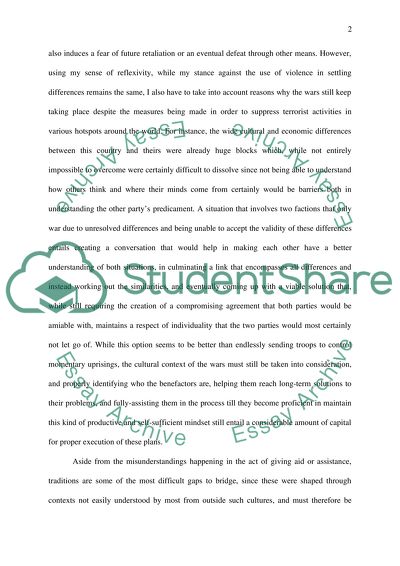Cite this document
(“Investigating learning transfer: Reflexivity in action Essay”, n.d.)
Retrieved from https://studentshare.org/english/1479445-investigating-learning-transfer-reflexivity-in
Retrieved from https://studentshare.org/english/1479445-investigating-learning-transfer-reflexivity-in
(Investigating Learning Transfer: Reflexivity in Action Essay)
https://studentshare.org/english/1479445-investigating-learning-transfer-reflexivity-in.
https://studentshare.org/english/1479445-investigating-learning-transfer-reflexivity-in.
“Investigating Learning Transfer: Reflexivity in Action Essay”, n.d. https://studentshare.org/english/1479445-investigating-learning-transfer-reflexivity-in.


